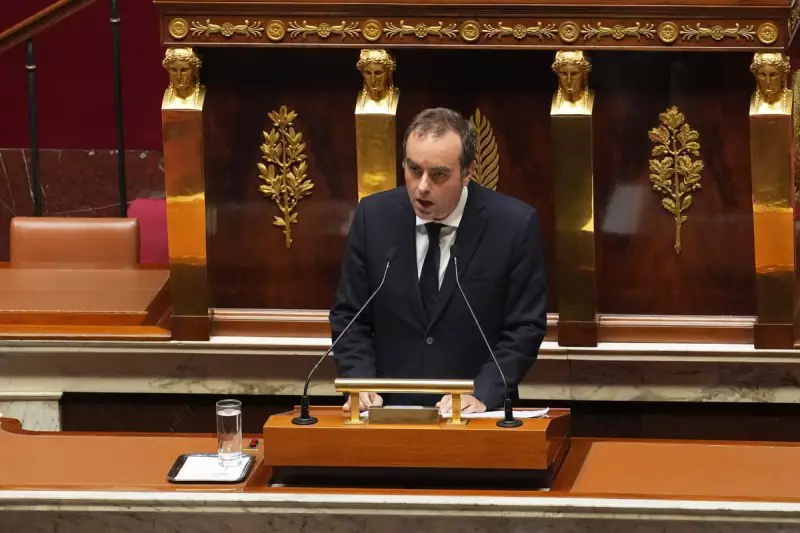
French President Emmanuel Macron's administration is bracing for a major political confrontation after the government was forced to schedule a confidence vote in Prime Minister Gabriel Attal. The dramatic move comes amid escalating tensions in France's National Assembly.
Constitutional Showdown Forces Government's Hand
The unexpected development was triggered by the speaker of the lower house, Yaël Braun-Pivet, who suspended parliamentary debate on controversial reforms to New Caledonia's voting rules. This procedural intervention has created a constitutional standoff that requires the government to seek renewed parliamentary confidence.
French Justice Minister Eric Dupond-Moretti confirmed the situation, stating that "the government will now present itself for a vote of confidence" following the speaker's decision to halt proceedings. This creates a high-stakes political moment for Macron's centrist administration.
New Caledonia Reforms Spark Political Firestorm
At the heart of the controversy lies the government's proposed changes to New Caledonia's electoral system. The reforms would expand voting rights in the French Pacific territory, a move that has drawn fierce opposition from both left-wing factions and conservative lawmakers.
The proposed legislation would allow thousands more residents, including those who have lived in New Caledonia for at least ten years, to participate in provincial elections. Pro-independence groups argue this measure "would dilute the vote of the Indigenous Kanak people" who have historically supported separation from France.
Political Fallout and Constitutional Implications
This forced confidence vote represents one of the most significant challenges to Macron's authority since his re-election. The president's party lost its absolute majority in 2022, forcing the government to navigate a fractured parliament where opposition parties can unite to block legislation.
The timing is particularly delicate for Macron, who has positioned himself as a stabilizing force in European politics. A failed confidence vote, while unlikely, would trigger a government crisis and potentially lead to early parliamentary elections.
Political analysts suggest the government is expected to survive the vote, but the very necessity of facing such a challenge underscores the fragile nature of Macron's second-term agenda and the growing assertiveness of parliamentary opposition.





